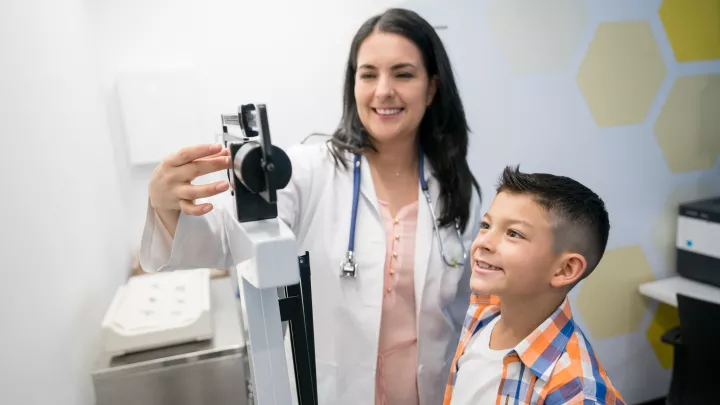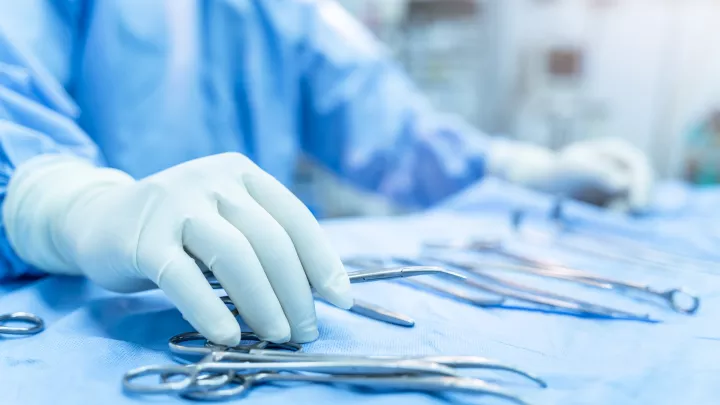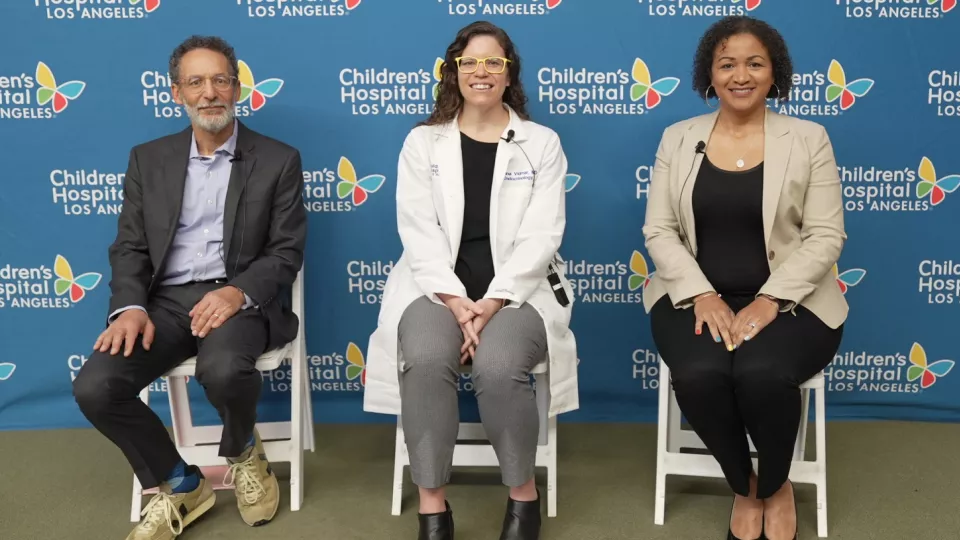
From left: Michael Goran, PhD, Alaina Vidmar, MD, and Senta Georgia, PhD
Future-Proofing Children’s Health: Reducing the Impacts of Obesity and Diabetes Through Research at Children’s Hospital Los Angeles
Obesity is a major factor in the development of chronic diseases like diabetes, heart disease and fatty liver disease, which cumulatively affect 100 million adults and nearly 15 million children in the United States. Children’s Hospital Los Angeles experts believe addressing pediatric obesity may help prevent these chronic diseases, which account for a staggering 90% of annual health care costs in the U.S. and disproportionally impact communities of color.
CHLA researchers and clinicians are applying their expertise to developing treatments using stem cells, medications and surgery for chronic diseases. They are also engaging in proactive family interventions to treat and prevent childhood obesity, collaborating with diverse communities throughout Southern California that are impacted by health disparities as well as lack of access to fresh food and clean air.
This year’s CHLA’s Science Day focused on childhood obesity, because obesity drives many of the chronic illnesses that CHLA treats in children. CHLA is a leader in pediatric care innovations, with long experience in treating a diverse population of patients in the Los Angeles community.
“Healthy adults start with healthy children,” says Pat Levitt, PhD, Chief Scientific Officer and Director of The Saban Research Institute of Children’s Hospital Los Angeles. “If you start early, the chances of being able to alter this development to a healthier trajectory is so much more powerful than waiting until adult chronic diseases occur.”
CHLA showcased its expertise in obesity prevention and treatment at several events this past week, including Science Day at The Saban Research Institute. Ahead of the Science Day talks, CHLA experts presented their work to members of the media. Among the topics addressed were: using medication and surgery to treat obesity, regenerative medicine therapies for diabetes, a potential treatment for obesity-related fatty liver disease, and medication alternatives to bariatric surgery.
Read on for an inside look at the latest CHLA research:
Using medication and surgery as tools to treat childhood obesity
Alaina Vidmar, MD, is a pediatric endocrinologist, obesity medicine specialists, and the Medical Director of the Healthy Weight Clinic at CHLA. She emphasizes that the neurology and biology of people living in larger bodies is different. Appetite signaling in the brain and how the body utilizes calories becomes dysregulated in people living in larger bodies, and instead of using food as energy, their body immediately stores calories as fat. “Pediatric obesity is a chronic disease process and is not the fault of the patient or the parent—and that's where breaking that weight stigma is really important,” says Dr. Vidmar.
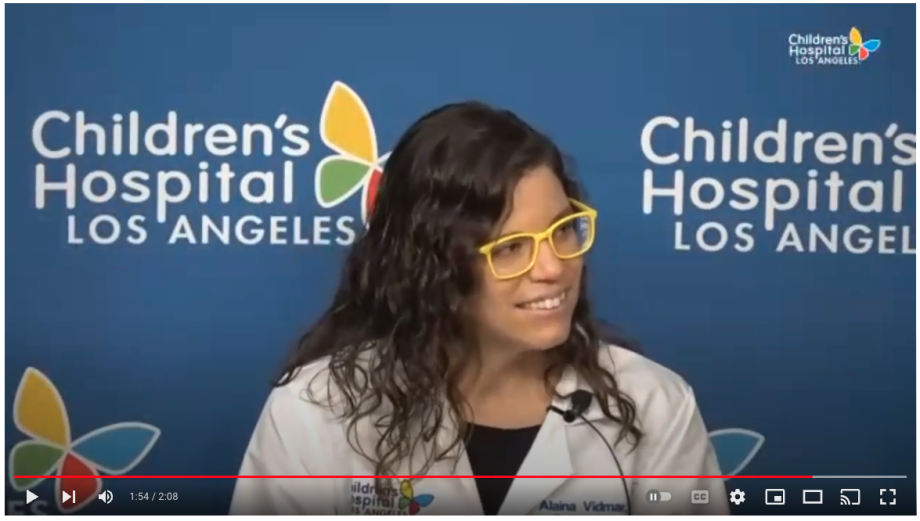
CHLA offers a comprehensive obesity treatment program in alignment with the recent American Academy of Pediatric recommendations for the care of youth with obesity and does not treat pediatric obesity based on body size or a number on the scale. The goal of care is to decrease the risk of children developing chronic disease, by combining all the tools available which may include obesity medications, bariatric surgery and health and behavior lifestyle modifications.
Dr. Vidmar’s research lab explores using app-based interventions to deliver personalized treatment strategies to adolescents, and how timing of sleep, meals and blood sugar spikes can affect metabolic health. The primary goal of Dr. Vidmar’s research lab is to find innovative treatment strategies for pediatric patients with obesity and obesity-related comorbidities that will delay the onset of life limiting complications. Her work focuses on improving patient outcomes through novel behavioral interventions; exploring how unique nutrition approaches, like intermittent fasting can be used in youth; using technology, like continuous glucose monitors as a behavioral intervention; and studying how sleeping, eating, and moving work together to promote health in young people.
The urgency to prevent lifelong health complications in children propels Dr. Vidmar’s proactive treatment approach. “If pediatric obesity rates continue to increase, by 2050, over half of young people will have obesity,” say Dr. Vidmar. “Children living with obesity become young adults with obesity who have significantly high rates of getting life limiting disease that will negatively impact their quality of life and the length of their lives.”
Treating diabetes by regenerating the body’s own cells
Children with obesity are four times more likely to have Type 2 diabetes, where insulin-producing cells function poorly, than children with a normal body mass index. In the case of patients with Type 1 diabetes, the pancreas undergoes autoimmune destruction of the cells that produce insulin.
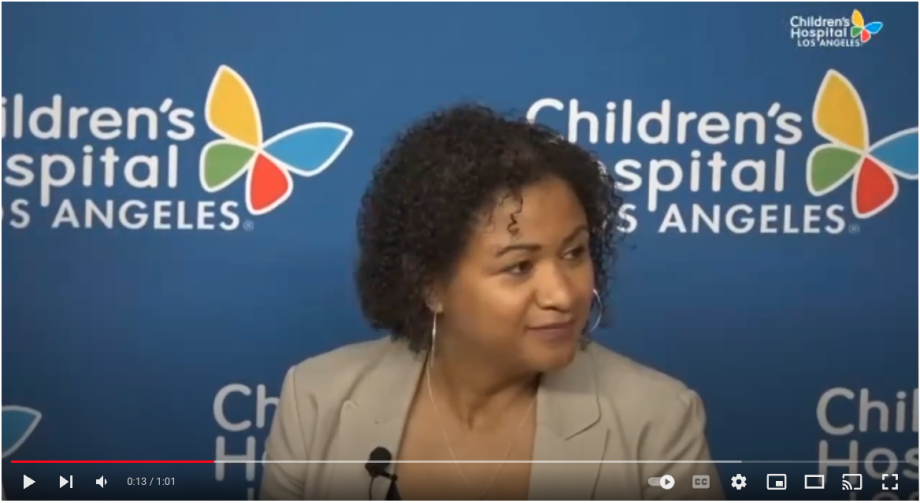
Senta Georgia, PhD, Principal Investigator, Center for Endocrinology, Diabetes and Metabolism wants to fix the bodies of children with diabetes so they can produce the insulin they need to avoid the complications of diabetes, obesity and fatty liver disease. “We want to help people who have insulin resistance and obesity and whose insulin-producing cells have stopped functioning and died off to generate new cells to support their metabolic health,” says Dr. Georgia.
To develop potential therapies, her laboratory uses regenerative medicine techniques to transform skin cells into “pluripotent” cells that can develop into any kind of specialized cell. Then the team turns these pluripotent cells into insulin-producing cells. Her lab also studies what makes an insulin-producing cell function well, work that is now moving from the lab to the clinic. “We have taken cells from patients whose cells were not functioning well and done gene editing on them so that they can effectively produce insulin,” says Dr. Georgia.
During the pandemic, CHLA researchers were among the first in the nation to report a sharp spike in the number of children being diagnosed with a serious, advanced state of Type 2 diabetes—called ketoacidosis—in which insulin-producing cells abruptly stop working. “We also are studying how a serious viral infection such as COVID might destroy insulin producing cells,” says Dr. Georgia.
Developing alternatives to bariatric surgery
The laboratory of Rohit Kohli, MBBS, MS, Chief, Division of Gastroenterology, Hepatology and Nutrition, studies alternatives to weight loss surgery for treating obesity and diabetes. Bariatric surgery is an effective intervention for obesity and diabetes, because it not only reduces the size of the stomach but also leads to biological changes in bile acids produced in the liver.
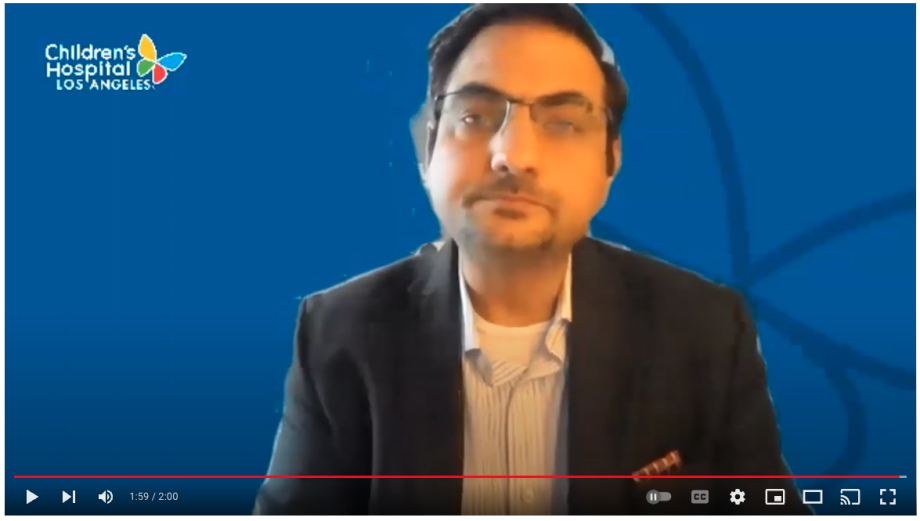
Dr. Kohli’s team has produced this effect in laboratory models. “By manipulating these bile acids, we are essentially able to achieve the results of bariatric surgery—without the surgery,” says Dr. Kohli.
A potential medication for obesity-related fatty liver disease
Dr. Kohli, who is also the Associates Chair in Liver and Intestinal Research at CHLA, has studied non-alcoholic fatty liver disease extensively. “Non-alcoholic fatty liver disease is a ‘silent tsunami’ for Latino children,” he says. “The child appears healthy—but is on the way to cirrhosis and the need for a liver transplant.” Dr. Kohli’s lab has now completed some early, preclinical work on a medication for the disorder. “These results are very exciting since no FDA-approved medication for non-alcoholic fatty liver disease currently exists,” says Dr. Kohli.
Community collaborations to reduce health disparities: The Southern California Center for Latino Health
Michael I. Goran, PhD, Program Director for Diabetes and Obesity at The Saban Research Institute, studies how early sugar exposure impacts the gut microbiome and the developing brain. Sugars can be delivered by the type of formula a child gets—and can also be transmitted by breastmilk from mothers who have a high-sugar diet. Older children get excess sugar through sweetened drinks—all of which set the stage for later obesity and chronic disease.
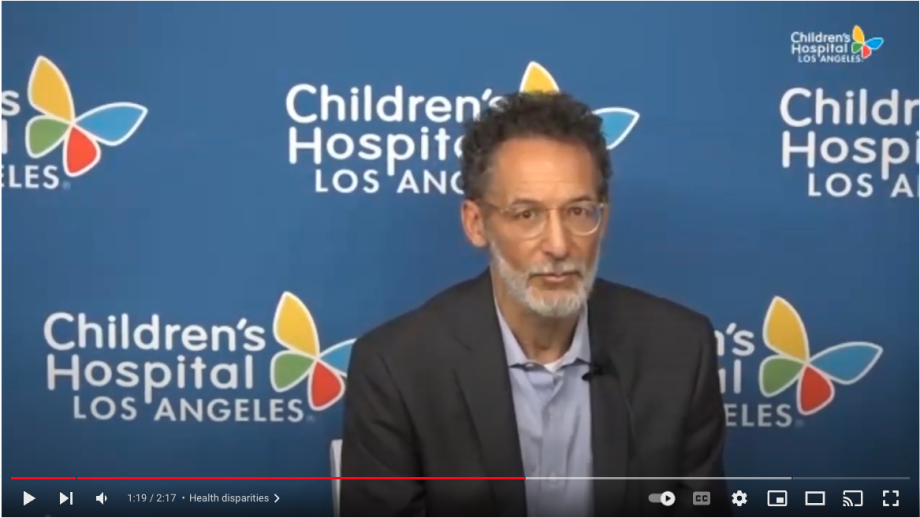
Dr. Goran is intent on disrupting this intergenerational cycle of childhood obesity. He directs the Southern California Center for Latino Health, a consortium funded by a $25 million grant from the National Institutes of Health. The Center collaborates with communities throughout the region to develop culturally appropriate interventions that can reduce health disparities in children and prevent chronic diseases in adults. “We have the medications and we have the treatments but we are not going to medicate our way out of the problem,” says Dr. Goran. “At the Center we are working with the community and families.”

